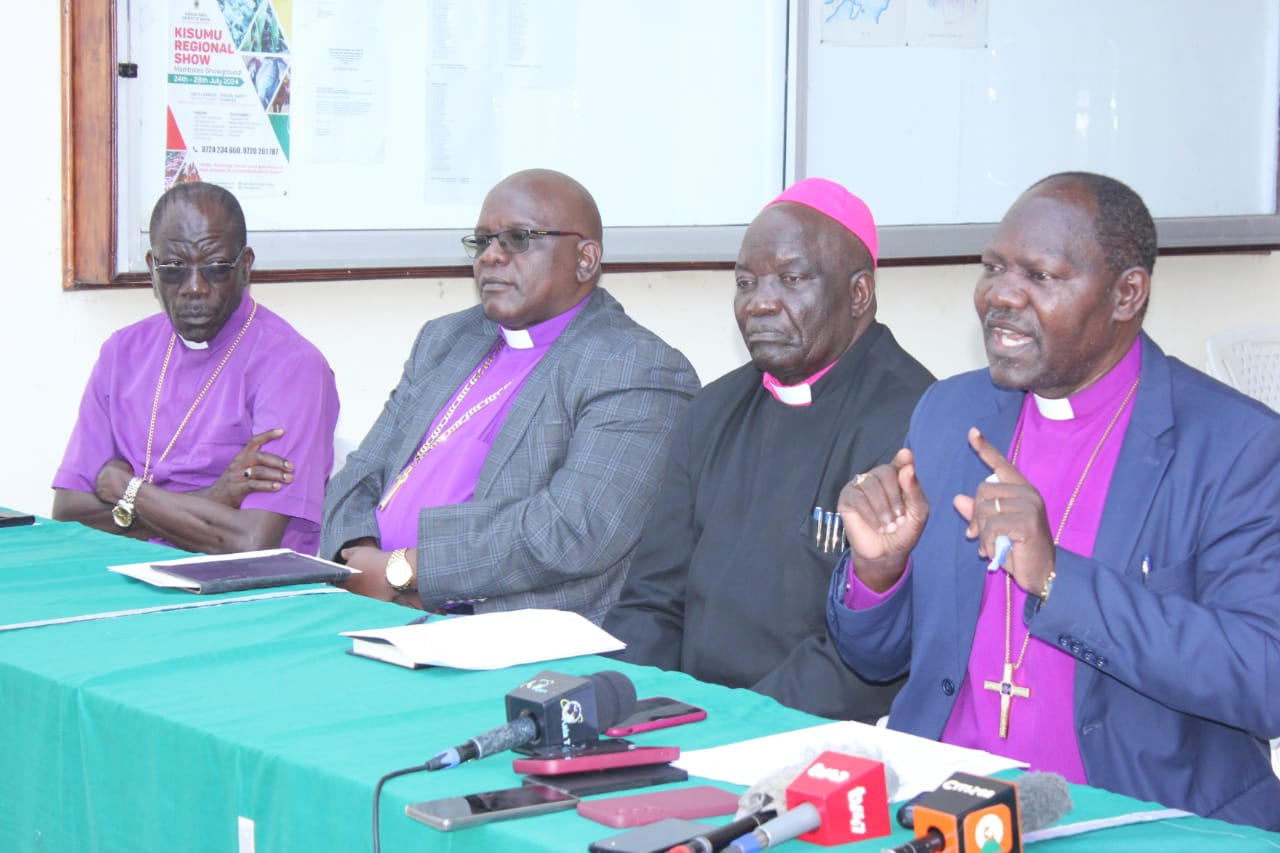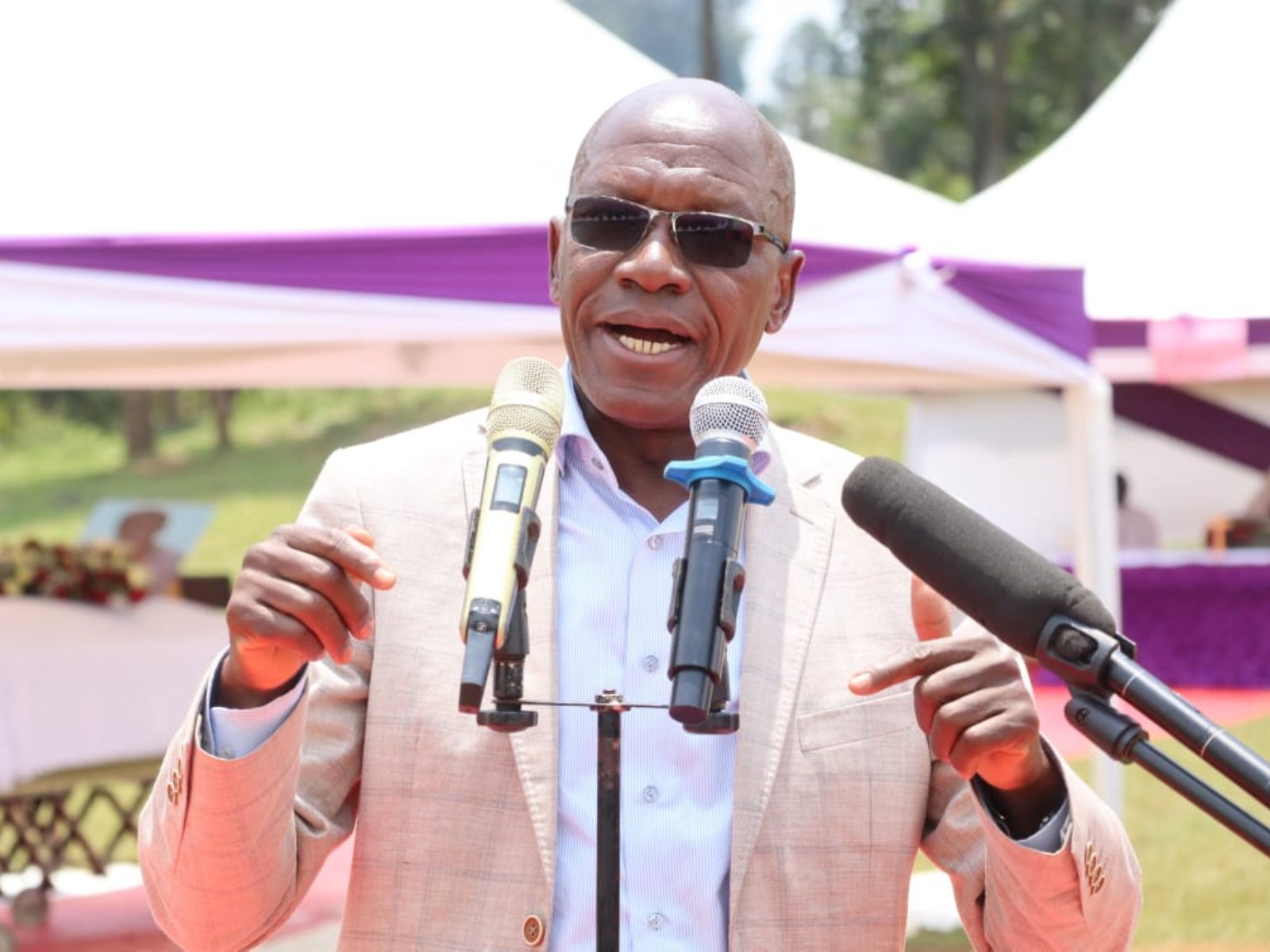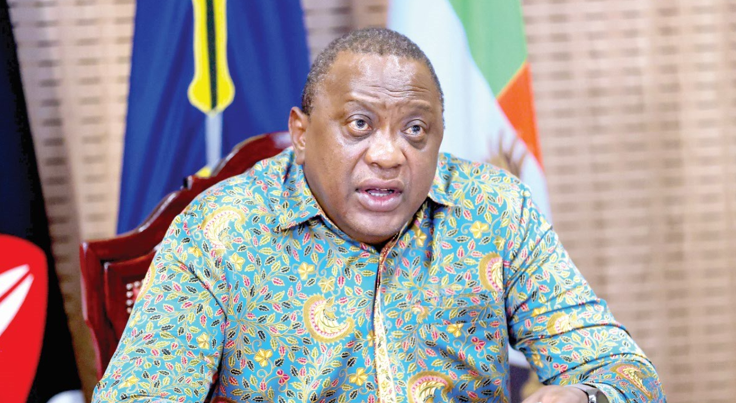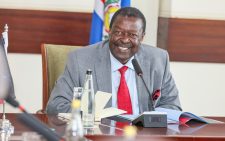Move to probe four IEBC commissioners ill-timed
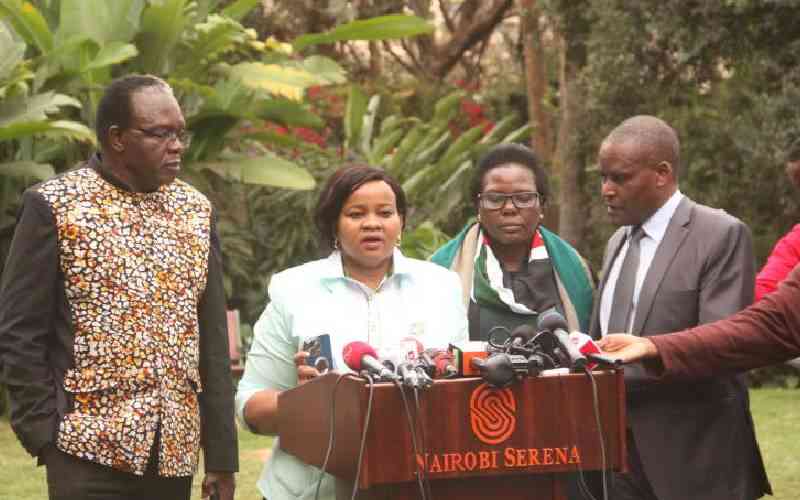
The move to haul four Independent Electoral and Boundaries Commission (IEBC) commissioners before the National Assembly’s Justice and Legal Affairs Committee has opened Pandora’s box.
It also reignites the most contentious issue in Kenya’s electoral ecosystem recently witnessed in the August 9 General Election and the protracted legal battle in the Supreme Court. Indeed, the apex court in its ruling on Azimio la Umoja leader Raila Odinga’s petition challenging President William Ruto’s election recommended “a review of IEBC guidelines to spell out the policy, strategy and oversight responsibility of the Chairperson and the Commissioners.”
This review would “enable the commission to develop institutionalised guidelines on how to manage the separation of administrative and policy domains.” The court tasked Parliament to enhance the regulatory framework on the separate policy and administrative remit of the IEBC.
By hurriedly summoning the four commissioners to appear before the committee to answer allegations levelled against them before fulfilling this crucial initial mandate ordered by the court, the drivers of the move in Parliament sensationally jumped the gun.
The move defies the law of natural justice and imputes a sinister selective political motive. Electoral justice remains the most critical issue in Kenya’s convoluted political landscape. It permeates the edified sanctum of the 2010 Constitution anchored in the doctrine of separation of powers between the Executive, Judiciary and Legislature.
In adopting the Constitution, Kenyans overwhelmingly objected to the concentration of powers in the presidency, rooting for decentralization of power and resources through devolution in a two-tier government involving county executives.
Electoral justice is a sensitive matter that has unfortunately exploded in sharp exchanges between Raila and Ruto, invoking memories of the disputed elections of 2007, 2013, 2017 and 2022. The rushed manner and timing of the petitions against the “Cherera Four” before the National Assembly raises political temperatures and unearths fundamental legal and constitutional questions. It forces a rethink on the root causes of electoral injustice in Kenya.
Has IEBC fully democratically conducted free, fair, credible, transparent, accountable and verifiable elections satisfying all players in a fragile, complex, ethnic-driven electoral ecosystem with a robust share of intrigues, suspicions and deceptions?
The jury is still out on the matter. It is unwise and contrary to the spirit of national healing and reconciliation to breed discord after a bitterly contested election that evoked memories of the 2007 election which nearly plunged the country into a catastrophe, leaving 1,300 people dead and 600,000 displaced.
The international community, the African Union and the late former UN Secretary-General Kofi Annan then mediated the National Accord and Reconciliation Act that entrenched four commissions including IEBC in the Constitution.
Ruto and four top Kenya Kwanza and Azimio leaders were in the accord’s negotiating teams that committed to the recalibration of imperfections in Kenya’s electoral systems persisting to date, including the recent commissioners and chairperson contestations in national tallying of results.
It is politically imprudent to reopen old wounds still healing so soon after an acrimonious election. Especially after Azimio’s leadership dissented but accepted the Supreme Court’s verdict, demonstrating acclaimed political maturity to enhance peace, law and order. The outgoing three commissioners including chairperson Wafula Chebukati should strictly adhere to constitutional timelines and retire gracefully after completing their terms in January.
Reviewing IEBC guidelines correctively as recommended should in fairness involve the four commissioners to guarantee institutional memory, justice and sustainability for all parties in the fractured national political environment.
—The writer comments on political and justice affairs. – [email protected]


